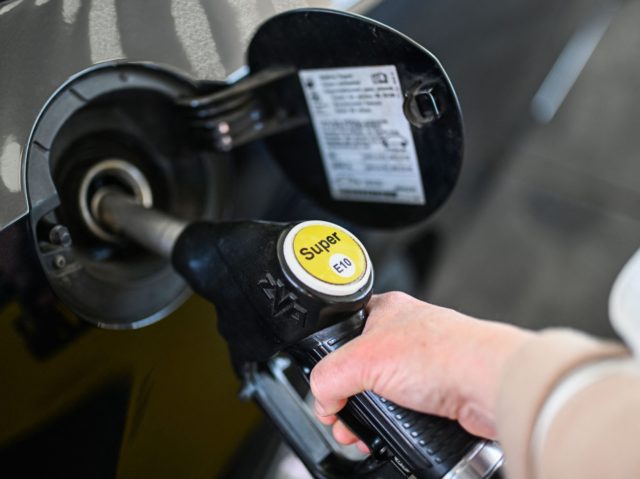An EU wide embargo on Russian oil could lead to serious fuel shortages in many parts of Germany, one of the country’s ministers has admitted.
Robert Habeck, Germany’s tsar for the economy and climate action, has admitted that a forthcoming EU embargo of Russian oil could lead to his nation experiencing serious fuel shortages in many areas.
While Germany’s Traffic-Light Coalition has said that it will back an EU level ban aimed at disrupting Moscow’s war machine, due to the central European nation’s traditional overreliance on imports from Russia, it remains unclear how the country will be able to stay afloat once those imports are cut off.
However, according to a report by Der Spiegel, it may simply be that it won’t, with Minister Habeck admitting that Berlin and parts of eastern Germany could simply be left with not enough gas to put in their cars.
“It cannot be ruled out, unfortunately I have to say, that there will actually be shortages,” the Green party bigwig said, with the publication noting that one major petrol refinery in the east of the country receives oil solely from Russian sources.
With this being the case, the minister agreed that there was a future for Germany where “there is not enough oil and therefore too little petrol available for a limited time”.
Regarding the ongoing energy crisis, the issues Germany is currently facing is considered by some as chickens simply coming home to roost, with many senior politicians and officials — including former US President Donald Trump — warning years ago that the country needed to curb its addiction to Russian oil and gas or face devastating consequences down the road.
“Energy policy is always power policy, is always interest policy, is therefore always security policy. And if you look back, you almost can’t understand how we could be so blind to overlook that.” Habeck himself previously said on the matter, lamenting the poor decision making of his predecessors.
“We knew, or we could have known, that it was not only stupid to place all our security policy cards on just one country, but that it also wasn’t a smart idea to put them on that particular country,” the Green minister continued. “We have to acknowledge that we acted wrongly in the past.”
However, despite this admission of Germany’s past mistakes, it is unclear how Habeck and his colleagues are expecting the country to avoid them in the future, with the green agenda loving administration continuing to shut down nuclear and coal fire power stations despite the crisis.
Habeck himself seems to be under the impression that Liquified Natural Gas — along with a host of green-agenda linked energy sources — will cure the country’s need for Russian energy, but considering his nation still lacks any way of landing the extremely expensive fuel which is rapidly seeing increased demand thanks to the war in Ukraine, it remains unclear how this could possibly be the case.

COMMENTS
Please let us know if you're having issues with commenting.